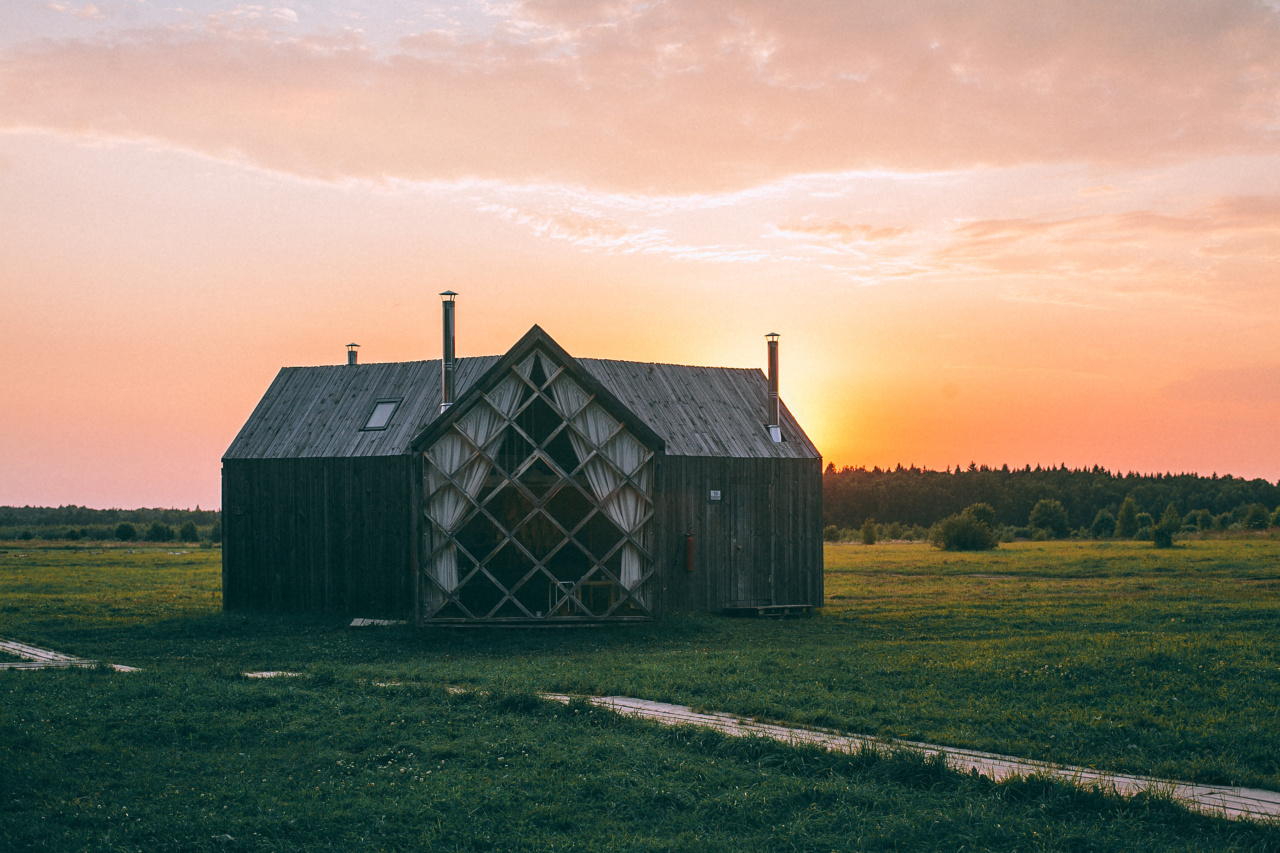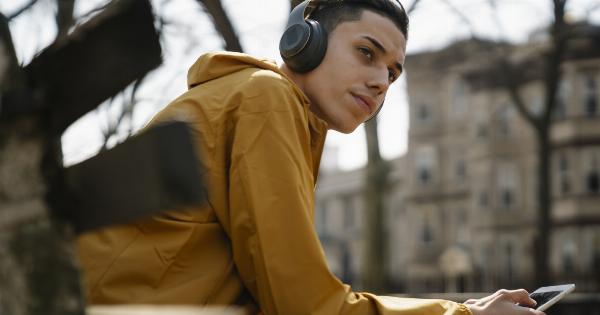When it comes to drug experimentation, it’s not uncommon for teens to be the most vulnerable. They are at an age where curiosity and peer pressure are at their peak, which makes them more open to trying new things.
But have you ever wondered whether a particular season could influence whether a teen is more likely to experiment with drugs? In this article, we delve into whether there’s a link between the season and drug experimentation among teens.
The Potential Link between Seasons and Drug Experimentation
While there’s no denying that drug experimentation among teens is a year-round occurrence, several factors determine when teens are most likely to experiment with drugs. One such factor is the season, and here’s why.
Summer
Summer is the season where teens are most likely to experiment with drugs. There are several reasons why this tends to be the case. Firstly, summer is a season when teens have less school work, no extracurricular activities, and more free time in general.
This means they have more time to hang out with friends and try out new things, including drugs. Additionally, summer is a season where there are plenty of outdoor activities like music festivals, beach parties, and other social events.
These events often involve alcohol and other “recreational” drugs, making it easier for teens to access and try out these substances.
Fall
In fall, many teens are starting a new school year or entering a new phase of their education. This can be an exciting and stressful time for many teens, and they may feel overwhelmed or anxious about their new surroundings.
As a result, some teens may turn to drugs as a way to cope with stress or anxiety. Additionally, fall is when many popular holidays like Halloween and Thanksgiving occur, and these events can create opportunities for drug experimentation, particularly among older teens who may attend parties where drugs are present.
Winter
During winter, the cold weather often drives people indoors, where they may feel cooped up and isolated. For teens, this can make them feel bored or restless, which can lead to drug experimentation as a way of passing the time.
Additionally, winter break provides an extended holiday period which may create opportunities for drug experimentation, particularly if teens have less parental supervision or spend more time with unsupervised peers.
Spring
Spring is a season where people are generally feeling more optimistic and positive. The weather is warmer, and people are looking forward to summer. However, for some teens, spring can be a stressful time of year as exams and finals approach.
Similar to fall, this stress may lead teens to experiment with drugs as a way to cope. Additionally, because spring is a season that promotes socialization, the presence of drugs at social events can lead to experimentation among teens.
The Bottom Line
It’s impossible to pinpoint a particular season when teens are most likely to experiment with drugs. The truth is that drug experimentation can happen at any time of the year, and there are various factors that influence when this happens.
The most important thing is for parents, teachers, and other adults in a teen’s life to be aware of the signs of drug experimentation and to take appropriate action if they suspect a teen is using drugs.
Conclusion
While the season may not be the sole determinant of drug experimentation among teens, it’s clear that different seasons create different opportunities for drug use.
Understanding these seasonal patterns is the first step to preventing drug experimentation among teens and promoting a healthy and safe lifestyle.































